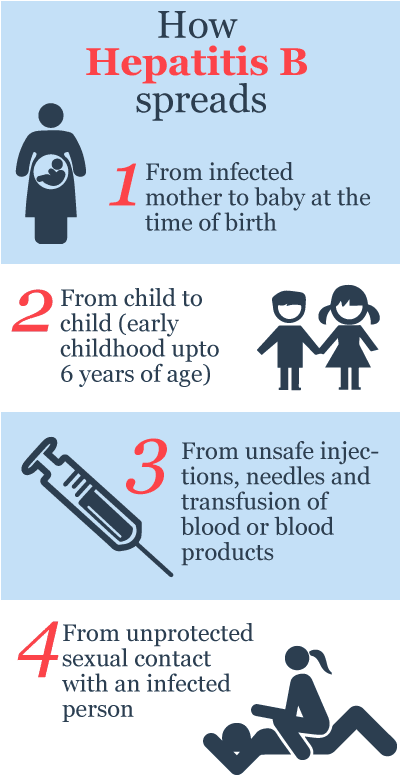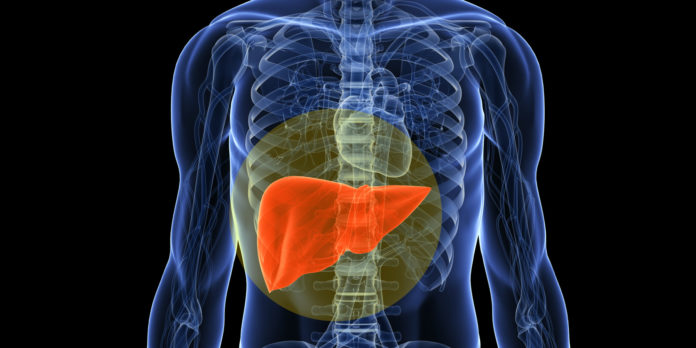Generic versions of branded drugs cost less and companies usually bank on volume.
Natco Pharma’s announcement on Monday that it is ready with a generic version of a Hepatitis B drug was yet another reminder about the high incidence of the disease in India, especially among the more disadvantaged. Generic versions of branded drugs cost less and companies usually bank on volume.
The company has announced the launch of a generic version of Tenofovir Alafenamide (TAFNA) – used for both HIV and Hepatitis B. TAFNA will be priced at Rs 1,900 for a monthly pack of 30 tablets for the Indian market.
What is Hepatitis B and how does it spread?

Hepatitis B is a potentially life threatening infection of the liver. It is a viral disease which is spread by contact with blood or body fluids of an infected person and is 50 – 100 times more infectious than HIV. Main routes of Hepatitis B virus infection are from infected mother to baby at the time of birth, child to child (early childhood upto 6 years of age), unsafe injections, needles and transfusion of blood or blood products, and unprotected sexual contact with an Hepatitis B infected individual. Most people with chronic Hepatitis B are unaware of their infection, putting them at serious risk of developing liver cirrhosis or liver cancer. Hepatitis B is also a common co-infection of HIV. The virus takes advantage of the immune-compromised state of a HIV-positive individual.
How common is Hepatitis B?
India has about 40 million Hepatitis B infected patients which constitutes about 10 – 15% of the global pool of Hepatitis B patients. WHO estimates that 257 million people worldwide were living with Hepatitis B virus infection in 2015 and it has resulted in 887000 deaths mostly from complications.
A 2014 article in the Journal of Clinical and Experimental Hepatology said: “Since India has one-fifth of the world’s population, it accounts for a large proportion of the worldwide HBV burden. India harbors 10–15% of the entire pool of HBV carriers of the world. It has been estimated that India has around 40 million HBV carriers. About 15–25% of HBsAg (Hepatitis B antigen) carriers are likely to suffer from cirrhosis and liver cancer and may die prematurely. Infections occurring during infancy and childhood have the greatest risk of becoming chronic. Of the 2.6 Crore (26 million) infants born every year in India, approximately 10 Lakhs (1 million) run the life-time risk of developing chronic HBV infection.” Indian studies have shown that tribal areas in our country have high prevalence of Hepatitis B and every year nearly 600000 Indians die of Hepatitis B infection.
Are children more likely to catch a Hepatitis B infection?
Children are more vulnerable as 80 -90% of infants infected with Hepatitis B virus during the first year of life develop chronic infection while 50% children infected before the age of 6 years also develop chronic infection. Hepatitis B vaccination is the only way to protect against Hepatitis B infection. It offers 95% protection. India included Hepatitis B vaccination in the country’s Universal Immunisation Programme in 2011.
How important is Tenofovir Alafenamide (TAFNA) in Hepatitis treatment?
TAFNA acts by blocking nucleotide reverse transcriptase enzyme which is essential for Hepatitis B virus to multiply. TAFNA was approved by Food And Drug Administration, USA in 2016 for use in chronic Hepatitis B infections. Tenofovir disoproxil fumarate (TDF), another nucleotide analogue was available since 2008 but it causes longer term side effects. TAFNA is given in smaller doses, so the side-effects are less severe. Dose of TDF had to be lowered in patients with kidney disease associated with increased blood creatinine levels. Patients treated with TAFNA have a significantly lower decrease in kidney function, measured by estimated glomerular filtration rate (e GFR) . Similarly declines in hip and spine bone density have been significantly less in the TAFNA group. Both drugs though are highly effective in treatment of chronic Hepatitis B infection.


